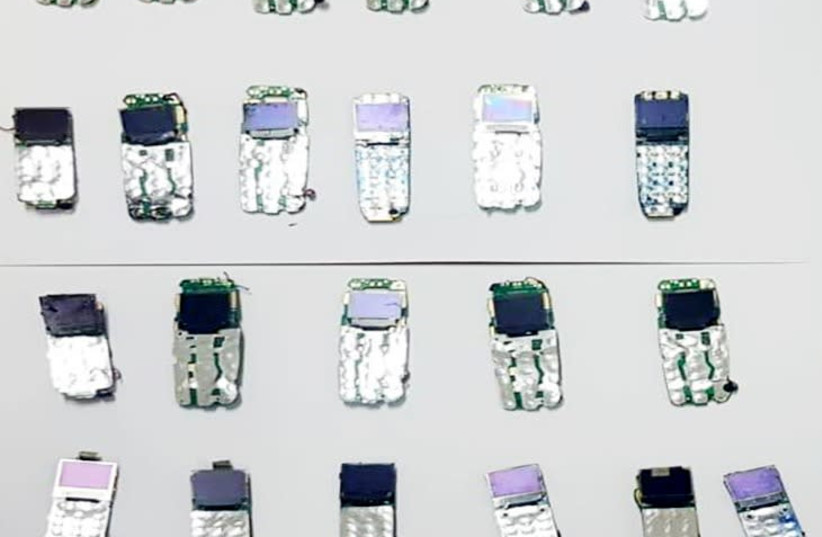With the nation up in arms over scandals relating to the Israel Prisons Service, the Supreme Court on Tuesday stiffened the jail sentence of an IPS intelligence officer convicted of bribery from 15 months to 24 months.
The officer had been the head of intelligence at the Ela Prison near Beersheba.
The court found that the lower court’s decision had not properly taken into account the full scope of danger and chaos that such a senior official perpetrating bribery could have on the Ela Prison and the entire IPS.
As Justices Yael Wilner, Alex Stein and Gila Kanfei-Steinitz put it, the head of intelligence might be the most sensitive post for a prison in preventing crime and ensuring security for the other IPS officials and the general public.
They said the official, and others considering acting like him, needed a clear deterrent message that they would face serious jail time, and not a slap on the wrist.

According to the court, the official solicited a prisoner with an offer to smuggle a cellphone to him in exchange for a series of payments eventually totaling NIS 40,000.
The official received some of the payments when he met with members of the prisoner’s family to receive the cellphone that he then smuggled into the prison.
He later received additional payments after smuggling the phone.
Attempts to reduce the sentence
The official tried to convince the court to keep his sentence lower. He claimed that he had a clean record and had only smuggled the cellphone to a minor offender, and not a security prisoner. However, the Supreme Court was unimpressed.
The justices pointed out that if he had not had a clean record, he could not have risen to the highly sensitive position he reached, which also helped him perpetrate the crime.
The justices were also incensed that the quid pro quo required him to commit a security crime.
This would be in contrast to perpetrating bribery in a case where the act being committed might not be illegal and only becomes illegal because of the bribery.
Further, the court said it was irrelevant to whom the official smuggled the cellphone as he would have no way of preventing it from reaching a security prisoner once it was in the prison.
Smuggling cell phones into Israeli prisons
Combating the of smuggling cellphones into prisons is one of the number one priorities of IPS intelligence, as once security prisoners have cellphones, they can seek to control elements of terrorism outside the prison, arrange their own breakout and otherwise frustrate the purpose of their being behind bars.
Even Knesset members and lawyers have been sent to jail for smuggling cellphones into prison.
The decision came down as the country is struggling with multiple scandals signaling that top IPS officials have conducted extremely negligent oversight over a variety of problems within their facilities.
